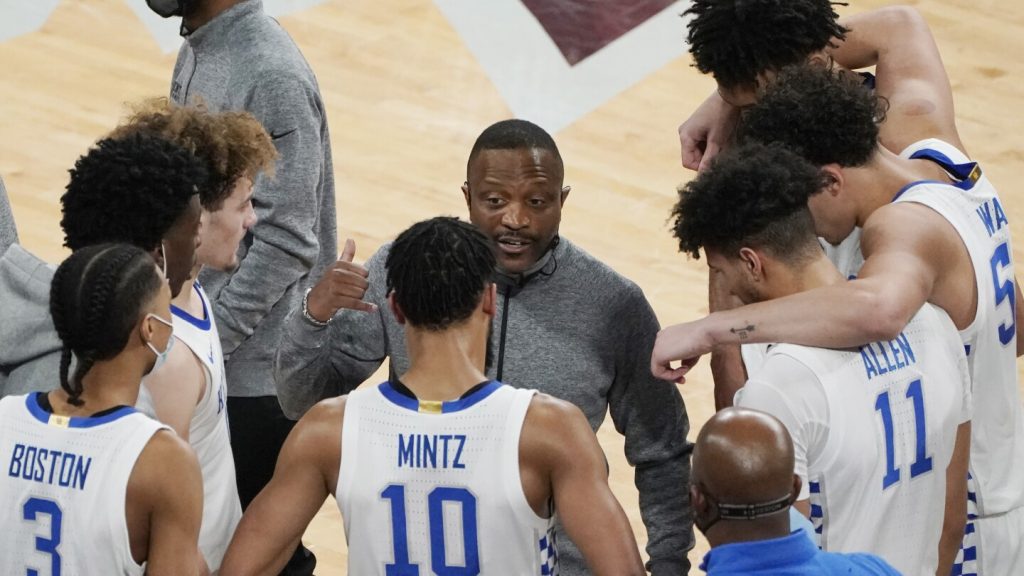Bruiser Flint, a longtime college basketball coach, reflects on his journey to becoming a head coach of a top-level team nearly three decades ago. Despite the progress in numbers, Black coaches still face challenges in securing head coaching positions. A recent analysis by The Associated Press revealed that while Black coaches hold a majority of assistant coaching roles in major conferences, they only account for less than one-third of head coaching positions.
The underrepresentation of Black head coaches in college basketball can be attributed to several factors, including a lack of turnover in head coaching jobs and a network bias that may favor white coaches. However, there is optimism for the future as more young, prepared Black coaches are waiting for their opportunity. The disparity in coaching diversity is a longstanding issue that extends beyond college basketball, as highlighted by Richard Lapchick, founder of The Institute for Diversity and Ethics in Sport.
Despite the challenges, there have been positive changes in the coaching landscape, with Black coaches being recognized for their coaching abilities beyond just recruiting. Coaches like Pittsburgh’s Jeff Capel III and North Carolina State’s Kevin Keatts emphasize the importance of being given opportunities to showcase their coaching skills. Keatts, in particular, credits his mentor Rick Pitino for preparing him for a head coaching role and believes that trust and opportunities are essential for assistant coaches to transition into head coaching positions.
While progress has been made in increasing the representation of Black coaches in assistant roles, there is still work to be done to elevate them to head coaching positions. The hiring process has evolved, presenting new challenges for aspiring coaches. Flint acknowledges the changing landscape but remains committed to supporting Black coaches in their journey to becoming head coaches. He believes in the importance of preparation and readiness for when the opportunity arises.
As the college basketball coaching landscape continues to evolve, it is crucial for schools, athletic directors, and search firms to recognize and promote the talent and capabilities of Black coaches. Advocates for diversity in coaching roles are working towards creating a more inclusive environment and providing equal opportunities for all coaches, regardless of their background. Ultimately, the goal is to ensure that qualified coaches, regardless of race, have the opportunity to lead top-level college basketball programs and inspire the next generation of coaches.


